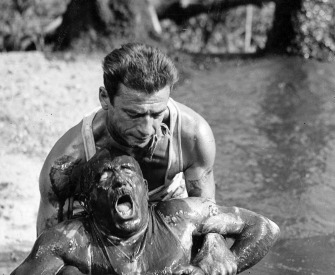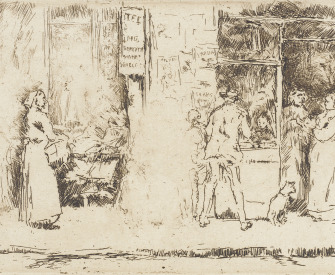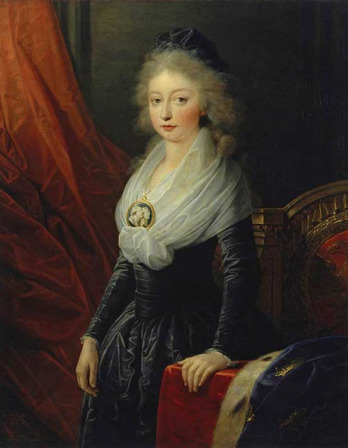Louis XIV’s ministers, his generals, his mistresses, his courtiers perceived, very soon after he became master, his foible, rather than his real taste for glory. They vied with each other in praising him, and they spoiled him. Praise, or to speak more truly, flattery pleased him to such a degree that the coarsest was well-received, the basest with most relish. It was only in this way that anyone ever reached him. It was this that gave such power to his ministers through the constant opportunities that they had to adulate him, especially by attributing to him whatever they did themselves and letting him think he inspired them. Suppleness, baseness, an admiring, cringing, and dependent air, above all, an air of nullity except through him, were the only means of pleasing him. Leaving that path, there was no recovery. Year by year the poison spread, till it reached an almost incredible height in a prince who was not without some intelligence, and who had experience. He, who had neither voice nor music in him, would sing in his private rooms the prologues of plays and operas that praised him; he was so bathed in that delight that sometimes at his public suppers, if the violins played the tune of those praises, he would hum the words between his teeth as an accompaniment.
Hence came also the desire for glory, which tore him at intervals from love; hence the facility with which Louvois, the Secretary of State for War, involved him in great wars; hence the ease with which the minister convinced him he was a greater captain than all his generals—an idea which the generals themselves abetted in order to please him. He appropriated all with an admiring complacency in himself and believed he was really such as they depicted him. Hence his taste for reviews, which he pushed to such lengths that his enemies called him the “review king”; hence his liking for sieges, where he could show his courage cheaply, exhibit his capacity, foresight, vigilance, and his fatigues, to which his robust and splendidly formed person was so marvelously suited that he never suffered from hunger, thirst, cold, heat, rain, or any kind of weather. It was chiefly about his campaigns and his troops that he talked to his mistresses, and sometimes to his courtiers.
Fom his Memoirs. The author’s father, who had been made a duke by Louis XIII, enrolled Saint-Simon at the age of sixteen in the service of the Gray Musketeers in 1691. It was around this time that he began keeping a diary. Saint-Simon fell out of favor with Louis XIV, who had ascended the throne in 1643, when he opposed a policy of the king that limited the power of the nobility. He returned to the court in 1715, serving the regent of Louis XV, and retired from royal service in 1723.
Back to Issue





